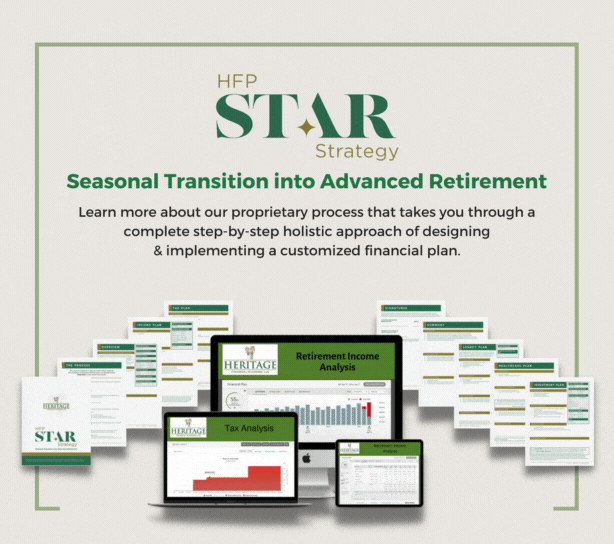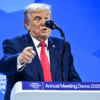In the dynamic world of finance, geopolitical events often significantly impact global markets. One region that consistently captures the attention of investors and financial experts is the Middle East, a geopolitical hotbed known for its complex web of political, social, and economic factors. In this blog, we’ll explore whether the current tensions in the Middle East are likely to influence interest rates and what this means for investors and financial planning.
Understanding the Middle East’s Influence on Global Markets
The Middle East plays a crucial role in the global economy, primarily due to its abundant oil and natural gas reserves. Any disturbances or escalations in this region can lead to fluctuations in energy prices, which, in turn, can have a ripple effect on various sectors of the global economy.
Historically, major geopolitical events in the Middle East have led to increased market volatility, as uncertainty tends to drive investors towards safe-haven assets like bonds. This can indirectly influence interest rates, with higher demand for bonds potentially pushing their prices up and yields down. Conversely, when tensions ease, markets may regain confidence, leading to lower demand for bonds and potentially higher interest rates.
Recent Developments and Their Potential Impact
As of the latest update, the Middle East is experiencing heightened tensions due to a variety of geopolitical factors. These include regional conflicts, political instability, and the evolving relationship between global powers. While staying informed about these developments is essential, it’s equally crucial to approach the potential impact on interest rates with a balanced perspective.
Factors Influencing Interest Rates
-
Inflation Expectations: Inflation is a key determinant of interest rates. If tensions in the Middle East lead to increased oil prices, it can potentially contribute to higher inflation. Central banks may respond by adjusting interest rates to manage inflationary pressures.
-
Global Economic Conditions: The global economic environment plays a significant role in interest rate movements. If tensions in the Middle East lead to a significant slowdown in global trade or economic activity, central banks might respond by lowering interest rates to stimulate growth.
-
Central Bank Policies: The actions and statements of major central banks, such as the Federal Reserve in the U.S. and the European Central Bank, directly impact interest rates. These institutions have their own policies and considerations that can influence rates independently of geopolitical events.
-
Investor Sentiment and Risk Aversion: In times of heightened geopolitical tensions, investors tend to seek safety in less risky assets. This can lead to increased demand for bonds, potentially affecting interest rates.
Navigating the Financial Landscape
Given the complex interplay of factors influencing interest rates, it’s important for investors to adopt a diversified and long-term approach to their portfolios. A well-balanced mix of assets can help mitigate the impact of short-term geopolitical events.
Furthermore, it is crucial to stay informed about global events and their potential ramifications for financial markets. Regular consultations with a trusted financial advisor can provide valuable insights and help tailor investment strategies to your specific circumstances and objectives.
How Heritage Financial Planning Can Help
While tensions in the Middle East can certainly influence interest rates, it’s important to approach this issue with a comprehensive understanding of the broader economic landscape. Diversification, a long-term perspective, and expert guidance by our team of seasoned financial professionals are essential tools for navigating the complex world of finance, especially in times of geopolitical uncertainty. Remember, a well-informed and balanced approach is the key to achieving financial success in any market environment. That’s why we created our unique, proprietary HFP S.T.A.R. Strategy.

Click here to learn more about our HFP STAR Strategy process.
Our HFP S.T.A.R. Strategy is your reliable shield against financial challenges. After our unique process, you’ll have a personalized plan that matches your goals, risk tolerance, and timeline. We’ll help you confidently navigate market ups and downs. Our expert team is focused on giving you a clear roadmap for maximizing returns and providing peace of mind. Call our office to schedule your appointment today!











